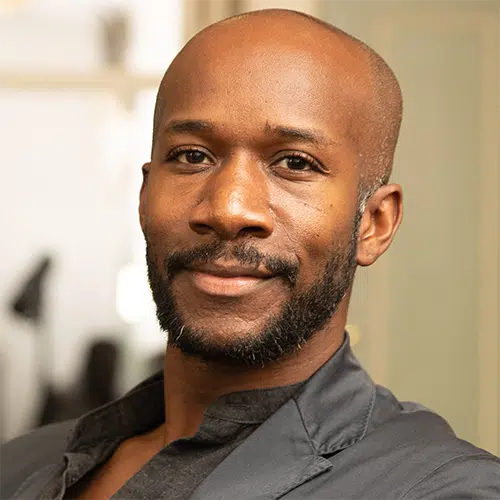
Hire slow, fire fast?
“In today's market if you're taking longer than two weeks from first interaction to hire someone, you can bet they'll have been offered roles elsewhere already.”
Matthew Duhig | Co-Founder | FX Digital
How would you explain what “hire slow, fire fast” means?
Here's how Matthew Duhig defines it:
Hiring slow speaks to the idea that it's important to take your time to evaluate a candidate for a role in your team thoroughly, ensuring that they are competent and capable and will contribute positively to the company culture.
Firing fast sits on the flip side of this and suggests that the sooner you start to recognise that a new team member isn't capable of what you perhaps thought they would be, or isn't contributing positively to company culture, you should remove them from the position.
Together, it suggests that you need to take time when hiring and move quickly when firing, in order to build a great business.
What do you think about this ‘advice’?
It's very slap dash advice. Of course it's important to be thorough when recruiting, but in today's market if you're taking longer than two weeks from first interaction to hire someone, you can bet they'll have been offered roles elsewhere already.
For us, the more senior the role, the slower we tend to take things. Having said this, software engineering is arguably an exception. If you don't move quickly hiring engineers you'll never recruit anyone.
Equally it's important to give people time in an organisation to make an impact, especially in roles across sales or where new recruits are in junior positions. If you're getting a sense that a recent recruit is having a negative impact on culture, then you need to check in with some colleagues to confirm your findings before making a rash decision to "fire fast".
Like a lot of advice, it doesn't apply well to all situations and you need to use your own judgement when hiring and firing.
Would you give this advice to other people?
No. Very rarely does slap dash advice like this apply to all situations.
If not, what alternative advice would you give to agency leaders?
I'd encourage people to use their common sense, and to listen to their company. If it feels good and the team is backing it (and have been thorough, even if in a short space of time), make that hire.
Probationary periods exist to give both the employer and employee time to test the waters. Both employee and employer should be intentional about probationary periods, and if it doesn't work out and the problem isn't a systemic issue within the business then be honest with one another and part ways.
On the culture front, if someone needs to go you'll hear it from your team, maybe not directly, but you'll hear it.
How many interview rounds when recruiting does Matthew Duhig recommend?
We run three rounds after an applicant's CV and supporting info has been reviewed and approved.
Firstly, a screening call in which we make sure the candidate has read up on us and takes a genuine interest in the role. You'd be surprised how many people I speak to on screenings that just don't seem that bothered.
Following this we move the candidate through to a competency based interview. In engineering this is likely to be a take home test done prior to an in person interview in which two members of our engineering team speak with the candidate about them and the output of the test.
If everyones happy we end on a culture add interview in which two other team members have a more informal chat with the candidate, here we are trying to gauge whether or not they'll have a positive impact on our culture. The office is an important part of our culture, so we do our best to have those last two interviews on one day in the office.
Any less than three rounds and you're opening yourself up to potluck recruitment.
Some great insights from Matthew Duhig.
Humble promo of Matthew Duhig and FX Digital
Matthew and his co-founder Tom have built a phenomenal business that grew immensely in a very short time. I always take my hat off to anyone who sustains the pains that come with incredible growth based on a sudden shift in the market - that's not an easy situation to be flung into. Also if you're looking for partners in the OTT and Connected TV space, FX Digital is one of the best to work with.
Cheers,
Daniel (Polymensa founder)
Explore other perspectives


Victoria Usher
Founder @ GingerMay
"Firing fast excludes a significant proportion of the talent pool"


Katy Howell
Founder @ Immediate Future
"This is one of those sayings that sounds cute and clever, till you think about it"

Why is Garry shortened as Gaz? Why is it not Gar? Oh oh, I’ve already fallen 10 feet down the rabbit hole. Come join meeeeeeeeeee…

Blindspot
It's hard enough to decide when it's the right time to exit your business. But there is one thing that a lot of founders get blindsided by once they start the negotiations.

